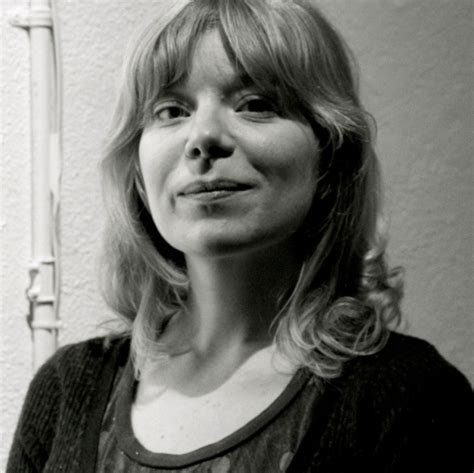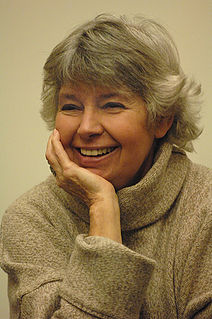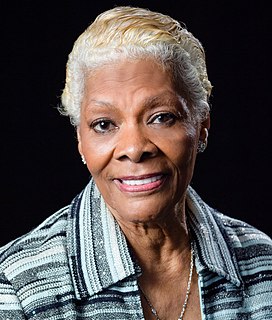A Quote by Stephanie Land
As a mother living in poverty, I don't expect my parenting choices to be respected by default.
Related Quotes
When you’re living by default, you’re automatically reacting to life in habitual ways, many of which may be limiting you and your life. In contrast, living deliberately means making more conscious and constructive life choices. When you’re living deliberately, you’re living from a position of responsibility; you’re making choices with greater awareness. You’re taken yourself off autopilot, so you’re better prepared to align your actions with the results you want to achieve.
Sometimes, when you grow up in one of these poverty-stricken neighborhoods where the educational system isn't the best, you don't realize that you have any choices. Often, kids don't appreciate the choices available, as if it's either the street or nothing. I want them to understand that reality is what's relative to you, and that you can make choices that allow you to create a new reality for yourself.
A lot of people say that Eleanor Roosevelt wasn't a good mother. And there are two pieces to that story. One is, when they were very young, she was not a good mother. She was an unhappy mother. She was an unhappy wife. She had never known what it was to be a good mother. She didn't have a good mother of her own. And so there's a kind of parenting that doesn't happen.
Mother Earth is in pain and ailing - bglobal warming. The world is dealing with issues of immigration, deindustrialization, and poverty. When I was born, there were 2.5 billion people living on the whole planet. Now there are 2.5 billion people living on less than $2 a day. That's the kind of reality we have to deal with.
Healthy children are born from healthy, respected, well-nourished and educated mothers and it is imperative that they have a voice in the decisions which affect them. If you empower a mother and let her have her say towards a poverty-free future, the positive impact this would have on ending hunger will be immense.



































